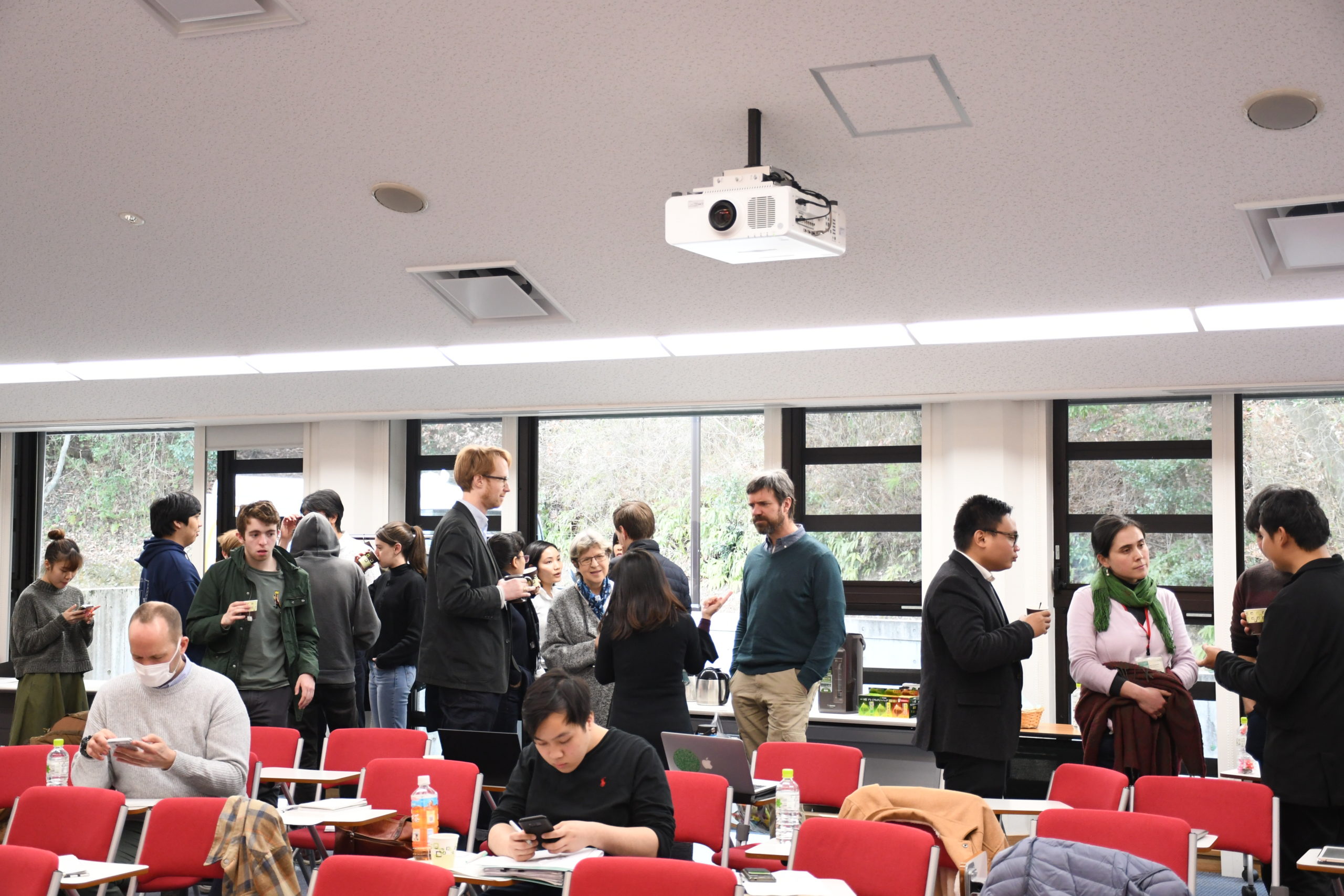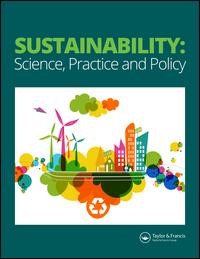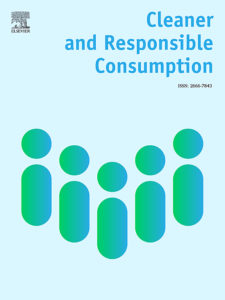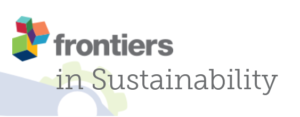The SSCP KAN, through its leadership and Working Groups, works to deliver high-level research outputs including publications for academic and general audiences, host major academic and stakeholder-oriented conferences and events, and create the diverse organizational assemblage necessary to contribute to real-world change. In all of these activities, partnerships with societal actors will drive research agendas, co-creation and dissemination of knowledge, and encourage the ready integration of collaborative outputs as solutions to sustainability challenges.

Working Groups
To address a specific issue of significance to the mission of the network, the SSCP KAN has identified six focal themes as below. These Working Groups will collaboratively design studies, generate knowledge, and initiate other activities.

Topical Initiative: COVID-19 and Sustainability Transitions
This initiative started from a blog by the leadership of the SSCP KAN and has developed into a community of diverse group of scientists, economists, educators and more, engaging with interdisciplinary discussions around the COVID-19 pandemic and its implications.
The initiative aims to understand the behavioral and institutional dimensions of the COVID-19 pandemic and to open up opportunities to alternative futures that are more socially equitable and environmentally tenable.
This initiative has now evolved into a US National Science Foundation-funded initiative “COVID-19 as a Catalyst for Sustainability Transitions“. To explore how the COVID-19 can contribute to sustainability transitions, the initiative addresses topics around global governance, new lifestyle practices, social solidarity and the care economy, impacts on the global south, transdisciplinary research and others.
Events
The SSCP KAN regularly convenes events including webinars and workshops to engage in discussions on critical issues around SCP. Bringing together a broad range of researchers and practitioners, these events facilitates the SCP community to be inspired from diverse perspectives and advance the links between science, policy and practice.

Affiliated Projects
The FEAST project takes a participatory action research approach to explore the realities and potential for bottom-up sustainable agrifood transition at sites in Asia.
SHARE CITY project uses a collaborative and trans-disciplinary approach to assess the practice and sustainability potential of city-based food sharing economies.
The “COVID-19 as a Catalyst for Sustainability Transitions” initiative is a part of the CONVERGE, a US National Science Foundation-funded initiative. Their activities are organized around designing government action, new lifestyle practices, social solidarity and the care economy, supply chains, and digital automation and remote work.
Journal Alliances
Sustainability: Science, Practice and Policy
The Future Earth Knowledge-Action Network on Systems of Sustainable Consumption and Production partners with the journal Sustainability: Science, Practice and Policy (SSPP). Owned by Taylor & Francis and edited by SSCP KAN Management Team member Maurie Cohen, SSPP is a refereed, open-access academic publication which recognizes that climate change and other socio-environmental challenges require significant transformation of existing systems of consumption and production. Read More
Cleaner and Responsible Consumption
Elsevier ‘Cleaner and Responsible Consumption’ (CLRC) journal contributes to the UN SDG 12 “Responsible Consumption and Production” with focus on “Resource and Product Consumption Pattern”. Editors in Chief are the KAN SSCP Steering Committee member Anthony Shun Fung Chiu and Cecília Maria Villas Bôas de Almeida.
Cleaner and Responsible Consumption, is a companion journal to the Journal of Cleaner Production. It focuses on equitable strategies that can foster the quality of life, the efficient use of natural resources, and the effective satisfaction of human needs while simultaneously promoting equitable social development, economic competitiveness, and technological innovation. CLRC publishes current research on sustainable and responsible consumption and aims to offer an interdisciplinary overview of recent research encouraging discussion and debate on sustainable and responsible consumption from government, business, academia and societal innovators.
Sustainable Consumption
Sustainable Consumption is a Specialty Section within the journal Frontiers in Sustainability. The mission of the Sustainable Consumption section is to provide a platform for research on systemic approaches for sustainable consumption. This entails giving emphasis to supportive policies, governance structures, and co-produced knowledge leading to change in the physical infrastructures as well as the institutions and societal organizations shaping social norms for consumption levels and patterns. Achieving the change in a just way shall play a vital role in the studies presented.
Specialty Chief-Editor is KAN Steering Committee member Sylvia Lorek.
Consumption and Society
Consumption and Society, a journal of the Bristol University Press, addresses consumption in its social, cultural, symbolic, economic, political and material dimensions. The journal is led by Co-Editors, Dr Marlyne Sahakian (KAN Social Change Working Group Co-chair), Dr Daniel Welch (Social Change Working Group member) and Professor Stefan Wahlen.
Consumption and Society aims to bring the lens of consumption to cutting-edge contemporary debates around issues such as race, ethnicity and decolonisation, the Anthropocene, care, surveillance capitalism, platform economies and political populism. This reflects an understanding of consumption as embedded in wider socio-economic and cultural configurations and intrinsically related to issues of social and environmental justice, as well as normative notions such as prosperity and wellbeing.







